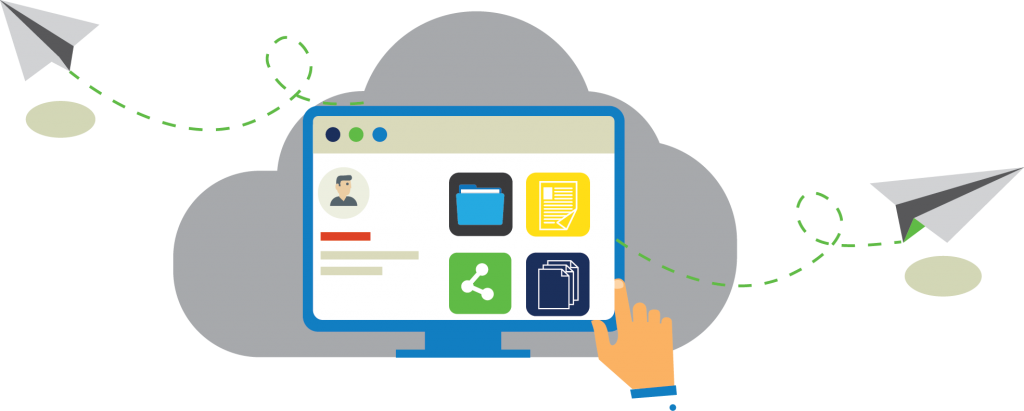The use of virtual data rooms increases every year, and while North America remains the biggest user of the technology, Europe and Asia are rapidly catching up. The growth is driven mainly by a few key factors, which all fit comfortably under the heading of due diligence.
Data room technology offers the ability to reach across borders. It speeds up processes by reducing time frames and frustrations of document access during high-level deals and gives peace of mind to all parties involved.
Here are some examples where the use of a virtual data room completely changes the dynamic environment:
Investment Banking
The world of global finance depends heavily on security and confidentiality. During a merger, acquisition, or initial public offering, for example, your financial and legal experts need extensive information-sharing capabilities while they conduct their due diligence.
Data rooms make it possible to alert all parties to new documentation the moment it becomes available. In the minefields of structured finance and securitization, it’s critical for players to comply with detailed SEC rulings on issues such as user access and the lifetime of the information. Using a service provider with the right resources makes a huge difference to the process.
Fund Management
In fund management scenarios, whether private equity, venture capital, or hedge funds, the ability to monitor the fund independently often wins managers over. Using a virtual data room makes it possible for you to comply with transparency requirements while keeping control over the information.
With the ability to “lockdown” information and restrict access and user permissions such as downloading and printing, you can prevent sensitive material from leaking to the press or your competitors. At the same time, the distribution of marketing materials, reports, and other information become just so much easier.
Virtual Board Room
Communications between your management team and the board of directors don’t always need to take place in a physical environment. In spite of the requirement for due diligence, data room technology easily offers you the ability to share sensitive documentation with board members around the clock, regardless of their location.
You no longer need to risk sending critical items by email to personal accounts, worry about breaching your company’s firewall, or risk compromising the legal requirements for corporate materials. Boards can use virtual data room options whenever they have issues to table, as a means for circulating the information and collaborating on the wording of the formal motion.
Legal Sector
During any legal process, administrators have more to do than spend time tracking down documentation. Few legal issues involve only in-house parties, so shared access and collaboration are vital to enable the process of eDiscovery, cataloging, and storage of information pertaining to cases. Legal professionals can use an exclusive virtual data room to make case notes that are seen only by those to whom they grant access by means of multi-tier permission levels.
Life Sciences
In the life sciences industry, millions of dollars are spent annually on the development of new medicines, genetic research, and environmental protection. As a highly competitive, global field, security is paramount and documentation often needs to be shared across great distances.
The intellectual property aspect of the material is used for licensing, obtaining funding for future research, and careers are made or broken on the knowledge available. Virtual data rooms are ideal for companies needing large quantities of secure, online storage.
With the global nature of business today, sharing documentation in a secure virtual environment can save your company the huge sums of money that you previously spent on traveling, or on sending information by couriers.
Are you looking for a simple yet advanced data room?
{{cta(‘2c56421f-68a3-4558-ad20-285baf99e274′,’justifycenter’)}}




